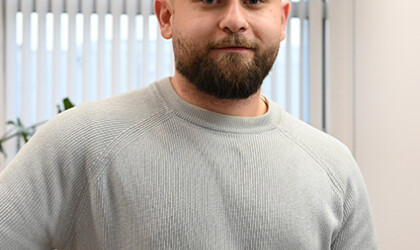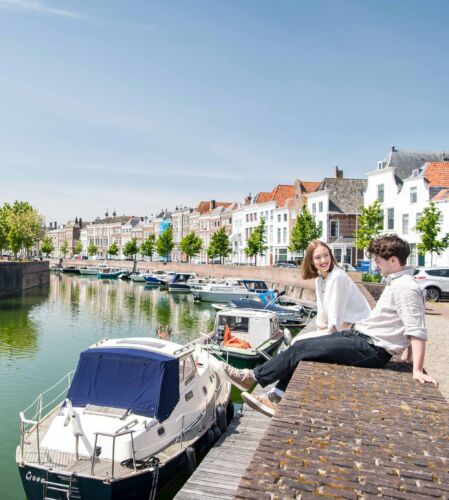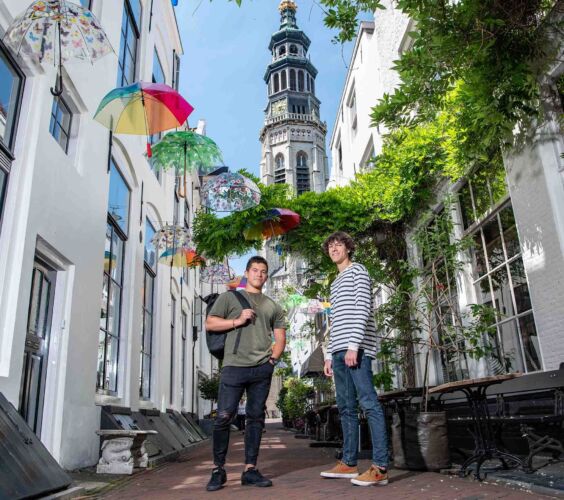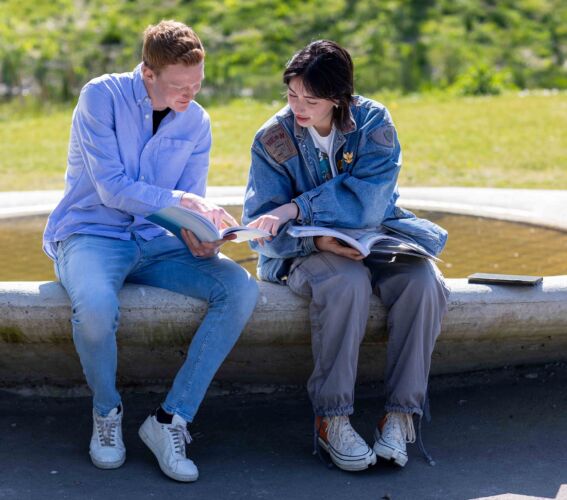How do we deal with floods, sea level rise, drought, water pollution and plastic soup? How does a city remain liveable despite extreme heat? And how do we ensure sufficient clean drinking water for a growing world population? With the Water Management programme, you will work on solutions to the water problems of today and the future.
The world cannot do without water managers
As a water manager, you work on practical solutions to local and global water problems. With your knowledge, you help keep areas safe, liveable and ecologically balanced. Will you improve the protection of delta areas when sea levels rise? Will you make urban areas resistant to extreme rainfall, heat or drought? Or do you want to contribute to sufficient fresh water, clean seas or healthy ecosystems? With this programme, you will become a widely employable water manager, with plenty of room to follow your own interests.
Contents of the Water Management study programme
The Water Management study programme focuses on three main specialisms:
- The water itself
- The user
- Spatial design
From your second year onwards, you will choose which role you play in each project and what you wish to study more in-depth. This allows you to flexibly switch between the components that interest you during your study programme. Will you focus on one specialism or would you rather go for a combination? You decide your own route!















